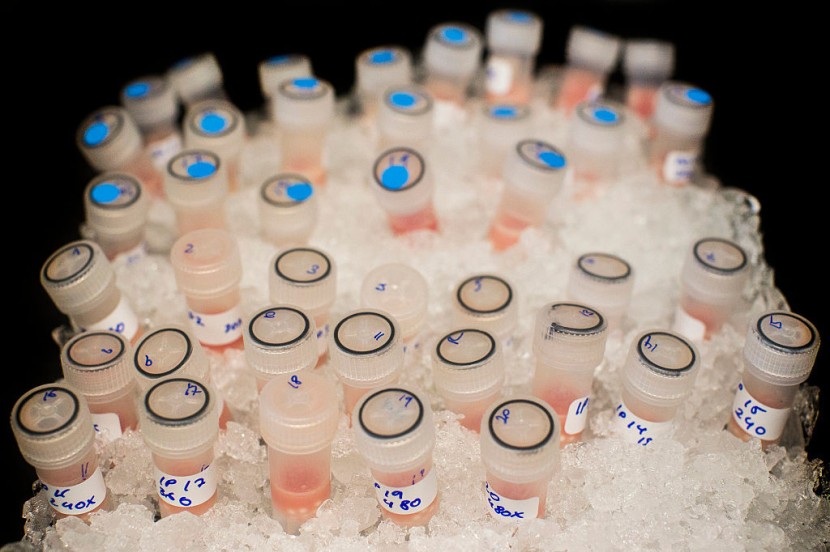
Scientists are investigating fungi that are thought to assist cancer cells in growing uncontrollably by studying thousands of tumor samples.
For years now, evidence has been growing that links bacteria to cancer, and that they sometimes play a crucial role in the disease's progression. But researchers recently found a similar connection with another type of microorganism; fungi.
Link Between Fungi and Cancer Growth
Tumors caused by various types of cancer can contain different species of microscopic or single-celled fungus. Investigating the species that are present may, in the future, be useful for diagnosing cancer or even predicting its course.
A microbiome specialist at Stanford University in California, Ami Bhatt, said that it was fascinating to look at fungi in the setting of cancer. However, she cautioned that the studies only suggest an association between fungal species and certain cancers. The researcher noted that they do not show whether or not the fungi are directly responsible for accelerating cancer.
Similar to bacteria, fungal microorganisms form a crucial part of the human microbiome, which is a delicate balance of microbes that are living inside the human body. A cancer biologist at the Weizmann Institute of Science in Rehovot, Israel, Lian Narunsky Haziza, and her colleagues, cataloged fungal populations in more than 17,000 tissue and blood samples, as per Nature.
The tens of thousands of samples represent 35 different types of cancer. The researchers found that fungi, including several types of yeast, were indeed present in all the types of cancer included in the study. However, some species were linked to different outcomes, depending on the type of cancer.
An example is the presence of Malassezia globosa, a fungus that has previously been associated with pancreatic cancer, which was now linked to significantly reduced survival rates in breast cancer, said the researchers.
According to the New York Times, Ravid Straussman, a cancer biologist at Weizmann who collaborated with Haziza on one of the new studies, said that the findings prompt experts to re-evaluate almost everything they know about cancer through the lens of the tumor microbiome.
Study of Cancer
Scientists have, for the past two decades, charting the microbes inside the human body by fishing for their DNA in mouth swabs, skin scrapings, and stool. These have helped identify thousands of species that live harmlessly inside a healthy person that total of roughly 38 trillion cells.
The project is called the Cancer Genome Atlas which seeks to help scientists find mutations in tumor genes that make cancer cells grow uncontrollably. However, the team of researchers acknowledged that the raw data may also contain DNA from bacteria in the tumors. This meant that they would have to sift through the six trillion genetic fragments in the atlas for snippets of bacterial DNA.
The situation comes as another study aims to determine how tumor cells dodge a human body's immune system, which was specifically built to identify and fend off an attack from defective cells. What they found was that tumor cells with a particular mutation release a chemical, a metabolite, that weakens nearby immune cells, rendering them less capable of killing cancer cells, Medica & Life Sciences News reported.
@YouTube
© 2026 HNGN, All rights reserved. Do not reproduce without permission.








